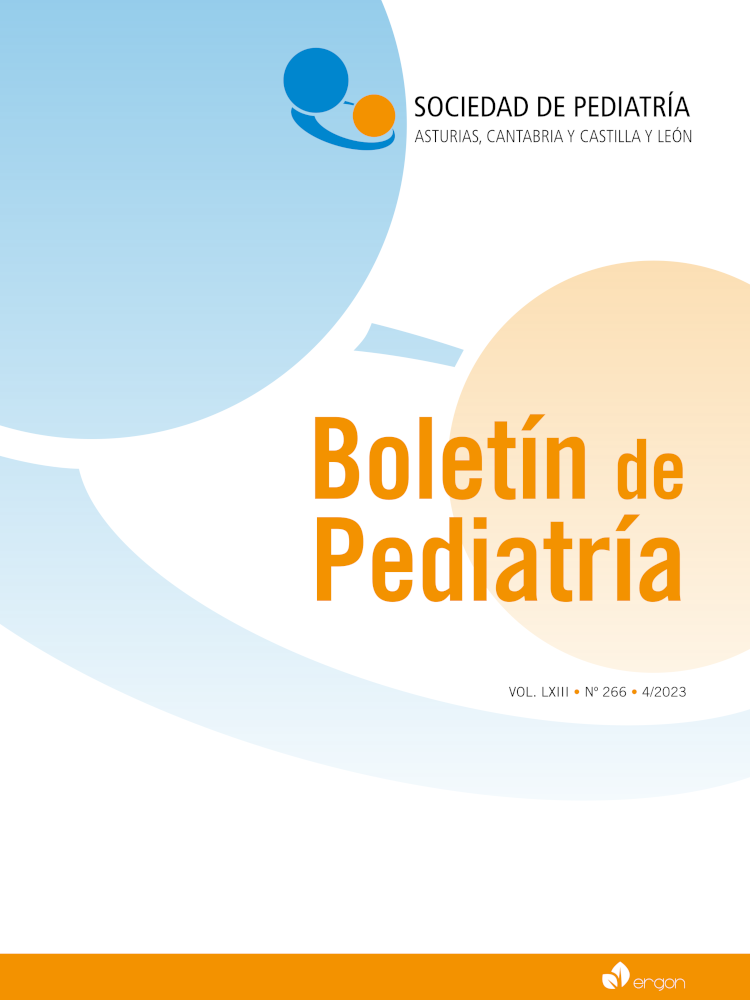Abstract
Introduction. Transient global amnesia is an entity characterized by the sudden onset of anterograde amnesia with variable retrograde amnesia, preserving immediate memory intact. It is not associated with other neurological deficits. Recovery is progressive in a few hours, usually less than 12 hours, although amnesia of the episode usually persists and later presents mild headache.
Case report. A 10-year-old boy, with no previous history of interest, consulted the emergency department for sudden onset of retrograde amnesia of the last 48 hours, as well as inability to fix new information. He was anxious and disoriented and repeated the same question several times. The neurological examination was otherwise strictly normal, and he denied headache or other associated symptoms. There was no history of cranioencephalic trauma. Blood analysis and venous blood gas analysis were performed, with no significant alterations; urine toxins were negative; brain CAT scan ruled out acute intracranial pathology and lumbar puncture was normal. She was admitted to the hospital ward with favorable evolution, with spontaneous cessation of the clinical symptoms after 8 hours, remaining amnesia of the episode, with the rest of the memory preserved.
Comments. The pathophysiology of transient global amnesia has not been fully clarified, although some studies suggest a vascular origin, with hypoperfusion of the medial temporal lobe occurring during these episodes. It is a typical entity of middle-aged and elderly adults, being exceptional in pediatrics. However, we should consider this diagnosis in children with typical clinical symptoms, normal neuroimaging and spontaneous resolution of symptoms.

This work is licensed under a Creative Commons Attribution-NonCommercial 4.0 International License.
Copyright (c) 2023 Boletín de Pediatría
